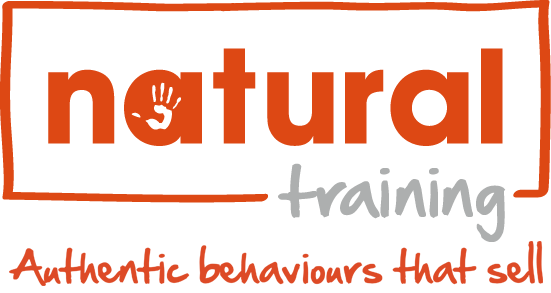The DNA of a Naturally Successful Sales Pitch
The words ‘sales pitch’ are going out of fashion faster than a fading pop icon. A pitch is piled high with negative connotations, of high-pressure, pushy techniques that attempt to verbally beat targets into submission.
However, pitching is what we do. Seeking to persuade others of our point of view is something that we humans get up to every single day of our lives.
Today, a sales pitch is no longer a monologue, nor is there a one-size-fits-all pitch that is going to bring home the bacon. To understand what a successful sales pitch looks and feels like, we are going to burrow down into its DNA. That is, highlight its fundamental building blocks:
Create a personal connection – you know the adage; people do business with people they like. You are more likely to influence others if you have forged a strong relationship with them. A people person can do this naturally, but if that’s not you there are some techniques that can help. Adapt your approach. Mirror the body language and tone of voice of the other person. If your client is upbeat and excited, so should you be. If they are softly spoken, drop your vice to match theirs. Mirroring helps the other person relate to you.
Psychologists have been studying the art of persuasion for decades and have found that immediate bonding between strangers is highly dependent on mimicry. In one of a series of experiments carried out by scientists at Duke University in the USA, the role of mimicry was put under the microscope. In one particular study, a group of students took part in a mock market research interview for a sports drink. In about half of the cases, the interviewer mimicked some of the words, posture and movements of participants. In other situations, the interviewer maintained a neutral or opposite position to participants, and used general or neutral phrasing. The result was that the copied students (none of whom picked up on the fact that they were mimicked) were more likely to prefer the product.
Also, ask lots of questions – there are two key reasons why this is vital. Not only will you receive a lot of information that you can use to tailor your pitch and your offering, but it creates the perception that you genuinely care and want to help the other person. Another easy rapport builder is to find common experiences and talk about them.
Personalise your pitch – your product or service must fit the needs and wants of the customers you hope to be doing business with. Keep it all relevant. Understand the features and benefits of your products and how they are going to solve your clients’ issues. This isn’t rattling off a list from a prepared script, but actually addressing specific points based on what your prospects have told you.
Have belief in what you are selling – in order to move people, you must believe in what you are selling. If you are not passionate about your products, you will lack the motivation to do what is necessary to succeed. You won’t be truly inspired to help your prospects solve their issues. Sure, you’ll make sales calls and do presentations, but your heart and soul won’t be in it and you won’t go that extra mile for you, your clients or your company. Of course, you can sell without believing in your products, but you won’t do it as often.
Leave on a positive note – regardless of whether you have secured the sale, leave the conversation on a positive, warm and friendly note. The last impression of a person’s experience is usually the one that remains the longest.
The Bottom Line
All sales comes down to people and problems. For successful sales, tap into the DNA of your pitch to establish a natural, easy-going rapport with clients and to show them how your products are the problem solvers they need. We can support you with with our award winning training – call us and find out what we can do and how…
Get a copy of The Winning Pitch – 10 Reasons Why Customers Say ‘YES!’
Got a comment?
Catch us on Social Media and join the discussion!


